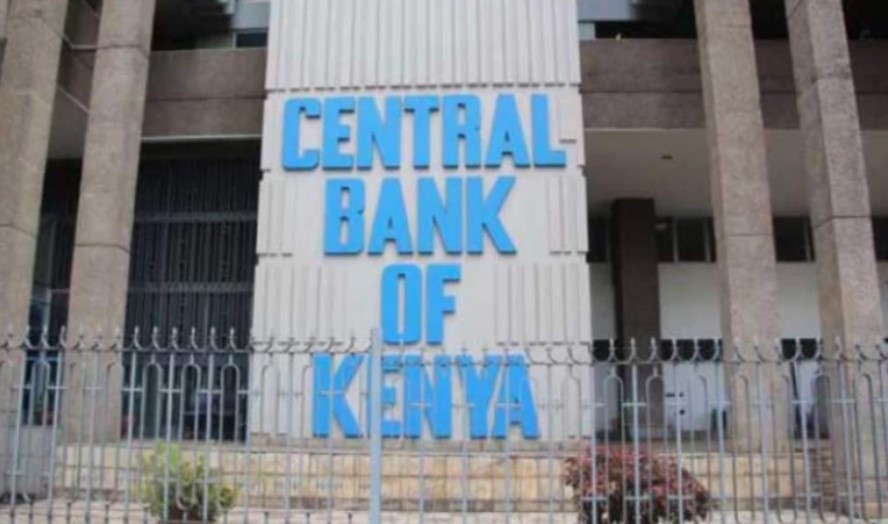The Senate finance committee sought to know from the Central Bank of Kenya whether it had instituted a predatory lending detection system and whether it had reined in on entities abusing the laws.
This comes amid rising concerns over digital lenders offering predatory loans at high-interest rates.
This was after it emerged that most lenders were unregulated, putting millions of unsuspecting public members at risk.
“We realise that the DCP were not really consumer friendly that is why we brought them under CBK, we have license 32 quite a number a remaining,” CBK Governor Dr. Kamau Thugge told senators.
Public petitions against four microlending companies imposing significant interests violating the 2022 legislation governing digital credit providers set off the Senate's investigation.
Did you read this?
Within two weeks, CBK will provide the committee with a report that includes an audit of the digital lenders and the actions taken to weed out the bad apples.
The CBK governor detailed the measures the government has taken to keep the value of the Kenyan shilling from declining further, even if its performance in relation to other currencies is still closely monitored.
“In January we expect 682 million dollars to come from the IMF, we also have some funds from the trade debt bank in the next two weeks, and we also have funding from AfroExim and World Bank we expect to reduce domestic borrowing, this should lower interest rates, we will see stability in the exchange rate because of external financing,” Thugge said.
The committee is also probing reported cases of collusion between fraudsters and banks resulting in the withdrawal of clients' money; CBK is saying they are reviewing the policy guideline to slap guilty parties with a 20 million penalty up from one million shillings.









